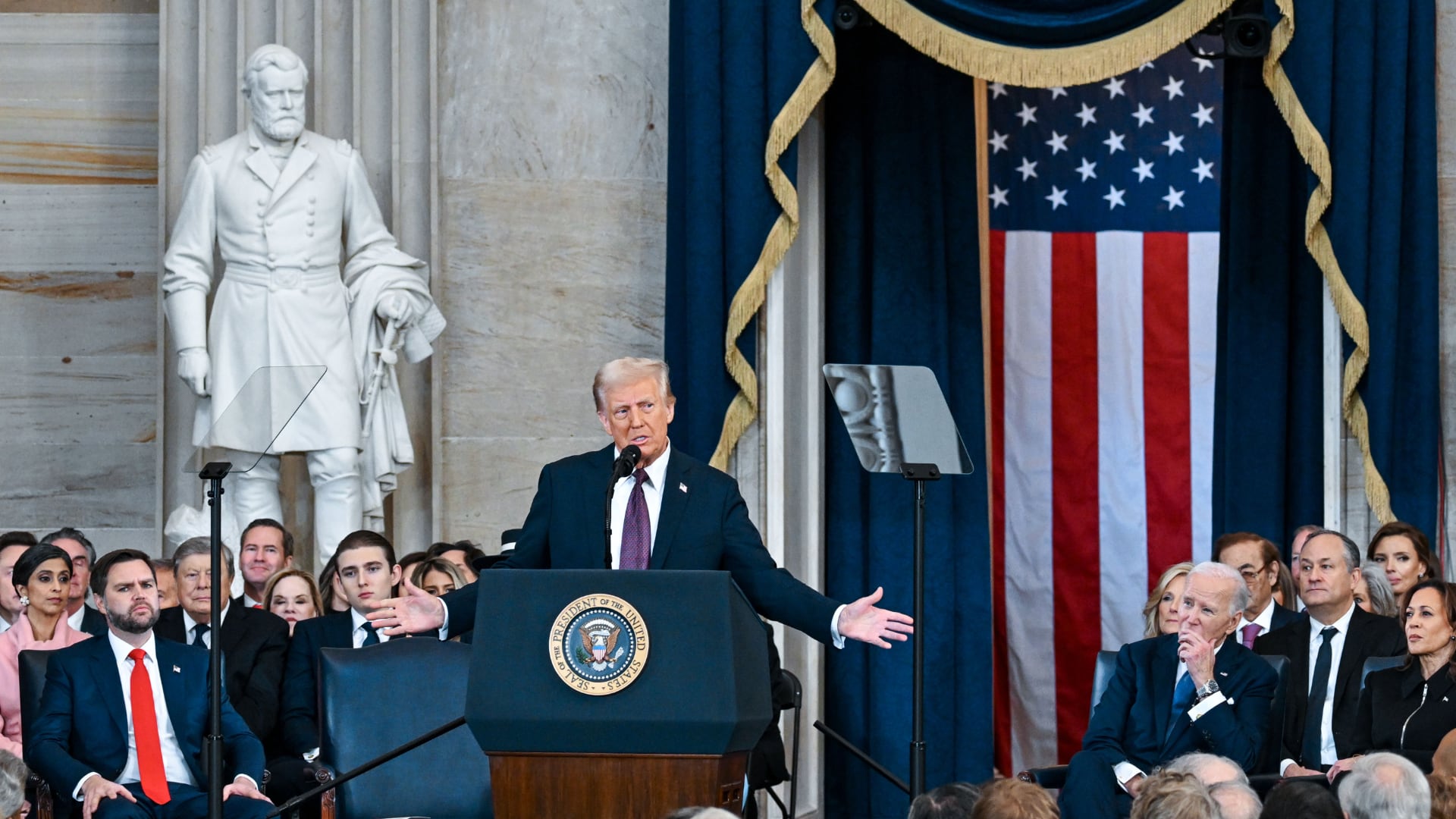By Zeke Miller
President Joe Biden called on Congress to pass billions of dollars in additional funding to fight the COVID-19 pandemic on Wednesday, as he received a second booster dose of the Pfizer vaccine a day after federal regulators approved a fourth shot for those aged 50 and older.
Biden spoke as his administration rolled out COVID.gov, designed to be a one-stop website to help people in the United States access COVID-19 tests, vaccines and treatments, along with status updates on infection rates where they live. Biden pressed lawmakers to provide additional funding “immediately” to ensure continued supply of the tools that have helped the nation begin to emerge from the pandemic.
“Congress, we need to secure additional supply now,” he said, warning of shortages of vaccines, tests and treatments. “This isn’t partisan, it’s medicine."
Biden, 79, received the first series of two doses of the coronavirus vaccine shortly before taking office and a first booster shot in September. The additional booster dose was administered by a member of the White House Medical Unit.
“It didn't hurt a bit," Biden said.
The additional booster is meant to beef up the body’s protection against COVID-19 in populations most vulnerable to the coronavirus, which has killed more than 975,000 people in the U.S.
On Tuesday, the Food and Drug Administration and the Centers for Disease Control and Prevention cleared the way for another shot for anyone 50 and older, who can get the additional booster at least four months after their last vaccination. Severely immune-compromised patients, such as organ transplant recipients, as young as 12, are also eligible.
“We have enough supply to give booster shots, but if Congress fails to act we won’t have the supplies we need this Fall,” Biden warned, noting the possibility that regulators will approve a fourth shot for all Americans.
Senate Majority Leader Chuck Schumer, D-N.Y., and Sen. Mitt Romney, R-Utah, have been negotiating in hopes of reviving the COVID-19 package.
If an agreement emerges, participants say they expect it to be similar to the $15.6 billion bipartisan version that congressional leaders crafted earlier this month. The original compromise collapsed after rank-and-file Democrats rebelled against cuts in unspent pandemic aid for states that would have helped pay for it.
The two parties’ continuing disagreements are over how to find savings to offset the measure’s cost, not the new spending itself.
Leaders would like Congress to approve the assistance before lawmakers leave for a spring recess after next week.
“We are not yet at the finish line, but we will keep working throughout the day,” Schumer said Wednesday. He said if a new COVID variant emerges that “extends its nasty tentacles across the country and we don’t have the tools to respond, then woe is us.”
Romney said Tuesday that bargainers were discussing savings options. “But we’re making progress and hopefully we’ll get there soon,” he said.
A subvariant of the highly transmissible omicron that scientists call BA.2 is now the dominant coronavirus mutant in the United States. It accounted for nearly 55% of new infections across the nation last week and an even greater proportion in the Northeast, according to the latest data from the Centers for Disease Control and Prevention.
Scientists say one reason BA.2 has gained ground is that it’s about 30% more contagious than the original omicron. In rare cases, research shows it can sicken people even if they’ve already had an omicron infection. But it doesn’t seem to cause more severe disease than the original, and vaccines appear just as effective against it.
The unvaccinated, though, are at a far greater risk.
—
AP writers Darlene Superville and Alan Fram in Washington and Laura Ungar in Louisville contributed.












